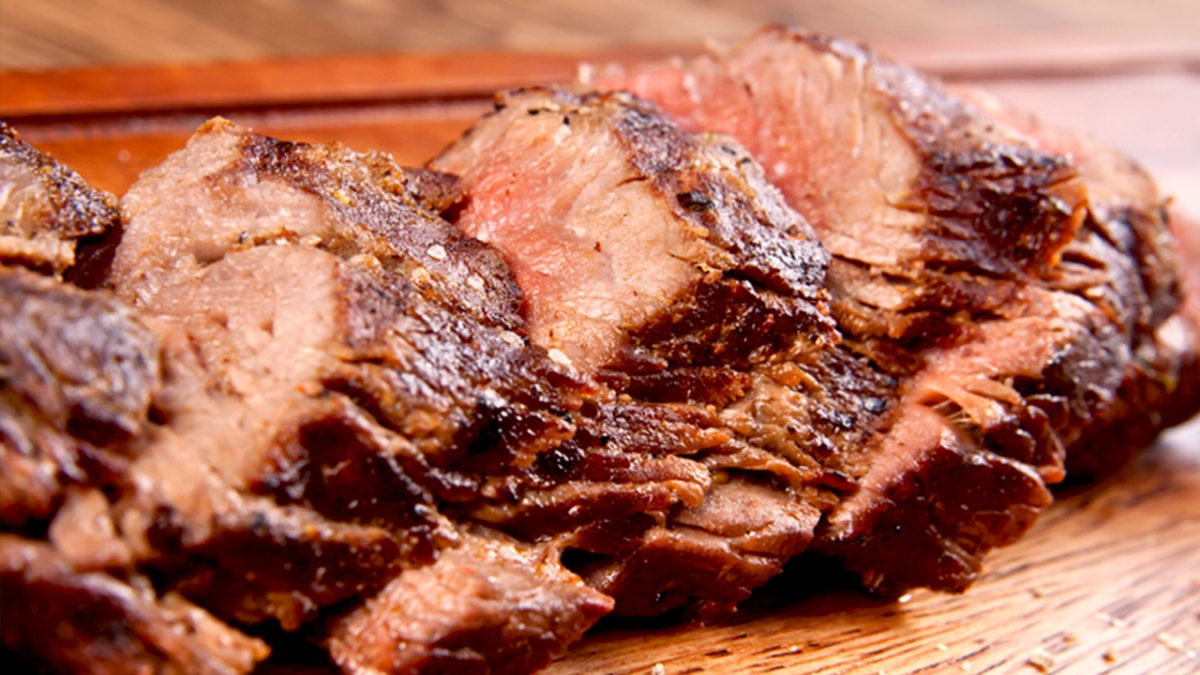BBQ Cooking Times

Is the steak done yet? Have I overcooked my fish? That chicken skin looks the perfect char-grill-brown, but is the meat still red on the inside? These are questions that can plague every BBQ cook and is sometimes considered the trickiest part of cooking. Take the guesswork out of testing for doneness with these simple tricks, and enjoy perfectly BBQed food every time.
As a rough guide
• To test steak and chops, use the ‘poke method’. When the meat is rare, it will feel soft when pressed with your finger in the thickest part. When it is medium, the meat will be firmer, but still able to be pressed in easily. When the meat is well done, it will be firm and springy.
• To test chicken for doneness, insert a skewer into the thickest part of the thigh. If the chicken is cooked the juices should run clear.
• To test fish for doneness, use the ‘flake method’. Press the thickest part of the fish with your finger; it should break away from the bone easily into firm flakes.
General BBQ roasting times
- Beef: 45 – 50 minutes per kilogram, for Medium
- Lamb: 50 – 55 minutes regardless of weight, for Medium
- Chicken: 1.5 – 2 hours for a full, size 16 chicken
- Pork: 40 – 45 minutes per kilogram
* All times are a general guide based on BBQ roasting at 180°C
To be more accurate
The most reliable method of testing for doneness is to check the internal temperature with a meat thermometer. This is inserted into the thickest part of the meat (careful not to touch any bones) and will tell you whether the meat is ready.
Beef / Lamb
- Rare: 63°C
- Medium: 71°C
- Well Done: 77°C – 90°C
Pork
- Rare: 63°C
- Medium: 70°C
- Well Done: 75°C – 90°C
Chicken and Turkey
- Well Done: 74°C
Ready to test?
Use the poke method on Adrian Richardson’s Big Juicy T-Bone Steak BBQ Recipe. Watch recipe video (above right).
Use the skewer method for Bob Hart’s Brilliant Barbecued Chicken BBQ Recipe.
Use the flake method for Janella Purcell’s Barramundi in a Paper Bag BBQ Recipe.


